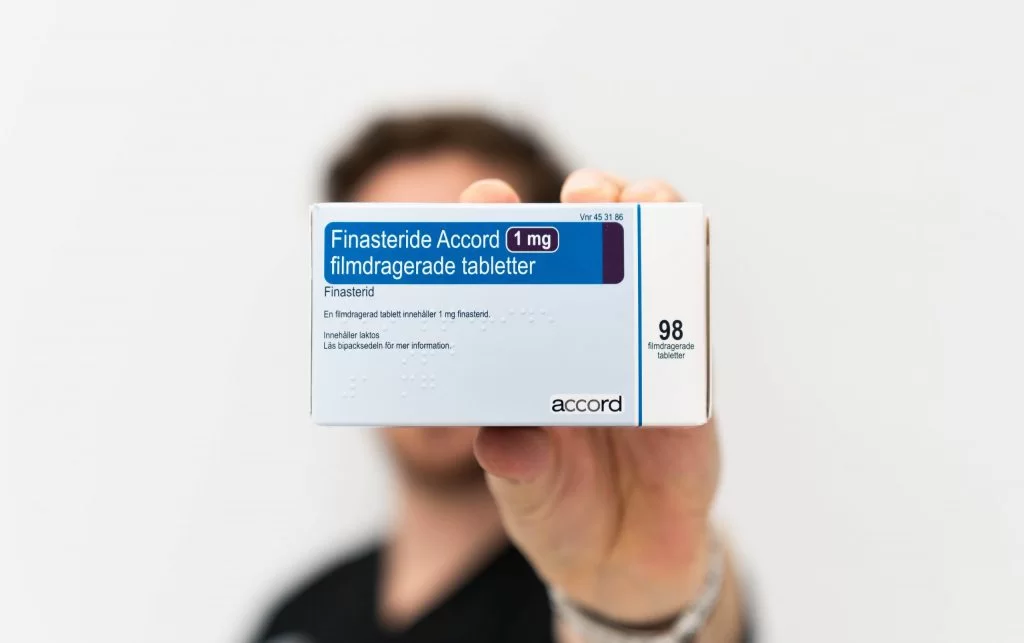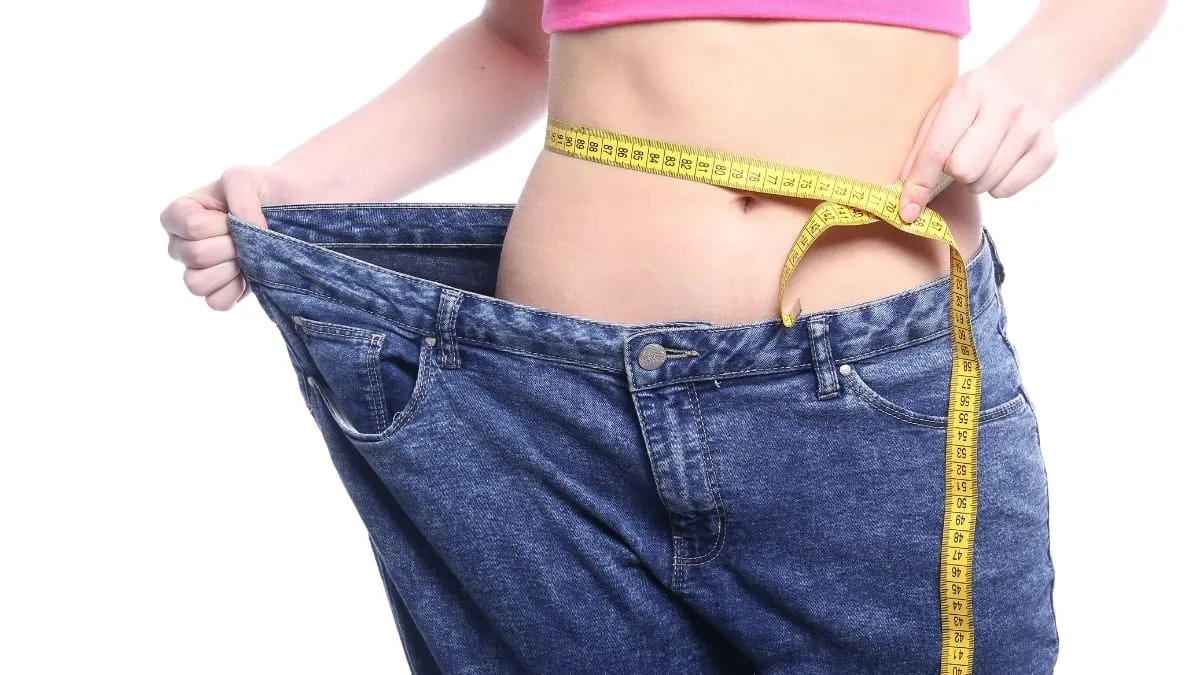Table of Contents
ToggleAt Kopelman Hair, many patients ask what supplements cause hair loss. Both excess and deficiency of vitamins or minerals can trigger shedding. Supplements such as vitamin A, selenium, or zinc, when taken in high amounts, are known contributors.
The key is balance – while nutrients support hair health, too much or too little can disrupt growth. Recognizing which supplements may cause issues helps patients make informed decisions and seek expert guidance.
Key Takeaways
- Excess intake of vitamin A, vitamin E, selenium, and zinc can cause hair loss, while magnesium and vitamin D may also play a role.
- Deficiencies in iron, vitamin D, and, rarely, biotin are frequent causes of shedding, making balanced nutrition essential for healthy hair.
- Vitamins like vitamin C, B vitamins, and omega-3 fatty acids do not cause hair loss and can safely support scalp and follicle health.
- Shedding linked to supplement intake often improves once the intake is corrected, though regrowth may take several months.
- Consulting a specialist such as Dr. Kopelman ensures an accurate diagnosis and a personalized plan for supplement-related hair loss.
Main Supplements Linked to Hair Loss
Supplements most likely to trigger shedding include vitamin A, vitamin E, selenium, zinc, and sometimes vitamin D. Magnesium and gym-related supplements may also be factors, though evidence is weaker.
Excess Vitamin A
Vitamin A is vital for vision, immunity, and skin health, but excess harms hair follicles. High intake increases scalp oil production, speeding up hair shedding. Risk rises when combining fortified foods with high-dose supplements.
Too Much Vitamin E
Vitamin E supports skin and hair, but excessive amounts thin blood and disrupt circulation to follicles. This interferes with the growth cycle. Most diets supply enough vitamin E without added pills.
High Selenium Intake
Selenium aids metabolism, but too much is toxic to hair. Symptoms include brittle nails, scalp irritation, and noticeable shedding. Those taking several supplements risk surpassing safe limits.
Patients with selenium overload may notice nail changes, a metallic taste, or fatigue with hair loss. These symptoms suggest a disrupted mineral balance. A blood test can confirm selenium levels.
When to see a doctor: Seek advice if shedding occurs with nail or energy changes, as this may signal toxicity.
Zinc and Thinning Hair
Zinc deficiency can cause shedding, but high levels block growth and interfere with copper absorption. This leads to brittle strands. Zinc should be taken only under the guidance of a professional.
Can Too Much Vitamin D Cause Hair Loss?
Vitamin D regulates follicle activity, but excess can cause calcium buildup that disrupts growth. Patients should monitor levels of vitamin D, especially when taking fortified foods or prescriptions.
Can Too Much Magnesium Cause Hair Loss?
Magnesium deficiency is rare, and normal supplementation is safe. A very high intake may upset the mineral balance, indirectly affecting the follicles. Moderation is advised.
Hair Loss in Women from Supplements
Women often take supplements for skin health, fertility support, or dietary support. Some contain high doses of vitamin A or iodine, both linked to thinning. Awareness helps prevent unnecessary shedding.
Hair Loss in Men from Supplements
Men frequently use gym products, testosterone boosters, or multivitamins. These may accelerate shedding if they raise hormone activity or contain excess minerals. Reading labels carefully is key. Male patients should review supplement labels carefully to identify possible risks. In addition, men exploring natural growth options can read about foods to grow mustache and facial hair to complement their routine.
Gym Supplements and Hair Loss
Creatine, protein powders, and pre-workouts are common among athletes. While protein helps growth, some blends may influence hormones or contain stimulants. These can worsen hereditary thinning.

Vitamin Deficiencies Linked to Hair Loss
Deficiencies That Cause Hair Loss
Deficiencies also trigger shedding. A lack of iron, vitamin D, or other essential vitamins disrupts follicles and weakens hair. This explains why the question of what deficiency causes hair loss is so frequent and why a nutritional deficiency should always be considered.
Iron Deficiency and Hair Fall
Iron deficiency is a leading cause of diffuse shedding. Follicles rely on oxygen from red blood cells, which need iron. Women with heavy periods and restrictive diets face higher risks. Checking iron levels helps determine if iron supplements are needed.
Vitamin D Deficiency
Low vitamin D is associated with several types of alopecia, including alopecia areata. It slows follicle renewal and regrowth. Many adults are deficient, especially in colder climates, making this a frequent cause of unexplained shedding.
Low vitamin D may also cause muscle weakness, bone pain, or frequent illness. These symptoms show how the deficiency affects overall health.
When to see a doctor: If hair loss occurs with fatigue or bone discomfort, ask a doctor to test vitamin D levels.
Biotin Deficiency Myths
Biotin is marketed for growth, but true deficiency is rare. While a lack of biotin can cause thinning, most cases of shedding are not due to this vitamin. Dr. Kopelman often clarifies this misconception in practice.
Supplements That Do Not Cause Hair Loss
Many supplements do not cause hair loss and support growth when taken in safe amounts. Vitamin C, B vitamins, and omega-3 fatty acids are safe for scalp and follicle health.
Confusion arises because natural daily shedding is mistaken for supplement-related loss. Knowing which nutrients are safe prevents unnecessary concern.
Vitamins and Supplements for Hair Health
What Vitamins Cause Hair Thinning?
Excessive vitamin A, E, and selenium are the main culprits. Even beneficial vitamins disrupt follicles if taken in extreme amounts. Monitoring intake prevents thinning and supports healthy hair growth.
What Vitamins Cause Hair Growth?
Several vitamins support growth:
- B vitamins deliver energy to follicles.
- Vitamin D regulates renewal.
- Vitamin C aids collagen and iron absorption.
- A balanced diet usually provides enough without added pills.
Vitamins for Hair Growth and Thickness
For improved density, doctors often recommend:
- Iron for oxygen supply.
- Vitamin D for scalp health.
- Omega-3 fatty acids for strand strength.
These nutrients encourage thicker, healthier hair when kept in the right balance. For a broader overview, see our complete guide on vitamins for hair health.
Best Supplements for Hair Growth and Thickness
When diet falls short, targeted supplements may help. Multivitamins for hair often combine iron, vitamin D, and zinc in safe amounts. Explore our article on the best hair supplements for alopecia to see which formulations support recovery and growth.
How to Recognize Supplement-Related Hair Loss
Hair loss from supplements often appears as diffuse shedding across the scalp. Patients may notice more hair on pillows, shower drains, or brushes after starting a new vitamin or increasing dosage.
Shedding may not always represent a distinct type of hair loss but rather reflect broader imbalances involving the immune system, hormones, or nutrient storage. Understanding this context helps patients choose the right treatment.
Safe Approach to Supplements and Hair Care
Recommended Intake and Dosage
Following daily allowances is the best safeguard. Exceeding limits does not improve results and often causes problems. Blood tests can confirm levels before starting new supplements.
Supplements That Support Healthy Hair
Some supplements benefit growth when taken responsibly:
- Fish oil for hydration.
- Iron when prescribed for deficiency.
- Vitamin D in patients with low levels.
- All should be used under medical supervision.
When to Consult a Hair Specialist
If shedding continues despite changes in diet or supplements, it may indicate another condition. A consultation with Dr. Kopelman helps identify the cause. With over 40 years of experience, Kopelman Hair provides advanced restoration options and tailored care plans.
Frequently Asked Questions about Supplements that Cause Hair Loss
Can multivitamins cause hair loss? +
Multivitamins rarely cause shedding unless they contain very high doses of vitamin A, selenium, or other minerals linked to toxicity.
Standard formulations are safe when taken as directed.
Does hair grow back after stopping supplements? +
Yes, most patients recover once excess intake is corrected.
Regrowth may take months as follicles normalize.
How long to see shedding from supplements? +
Shedding from excess intake often appears within 6–12 weeks.
This timing may help patients connect new supplements with symptoms.
Should I stop all supplements if I notice hair loss? +
Not always. Stopping prescribed vitamins without guidance can create new problems.
Always consult a doctor first.
This article was medically reviewed by Dr. Kopelman, a specialist with over 40 years of experience in hair restoration. His expertise includes treating patients with supplement-related shedding and deficiency-driven loss.
Dr. Kopelman’s clinical work ensures recommendations here reflect real cases. His approach focuses on safe, effective, and personalized care. Take the next step toward restoring confidence. Book a consultation with Dr. Kopelman at Kopelman Hair today.
























